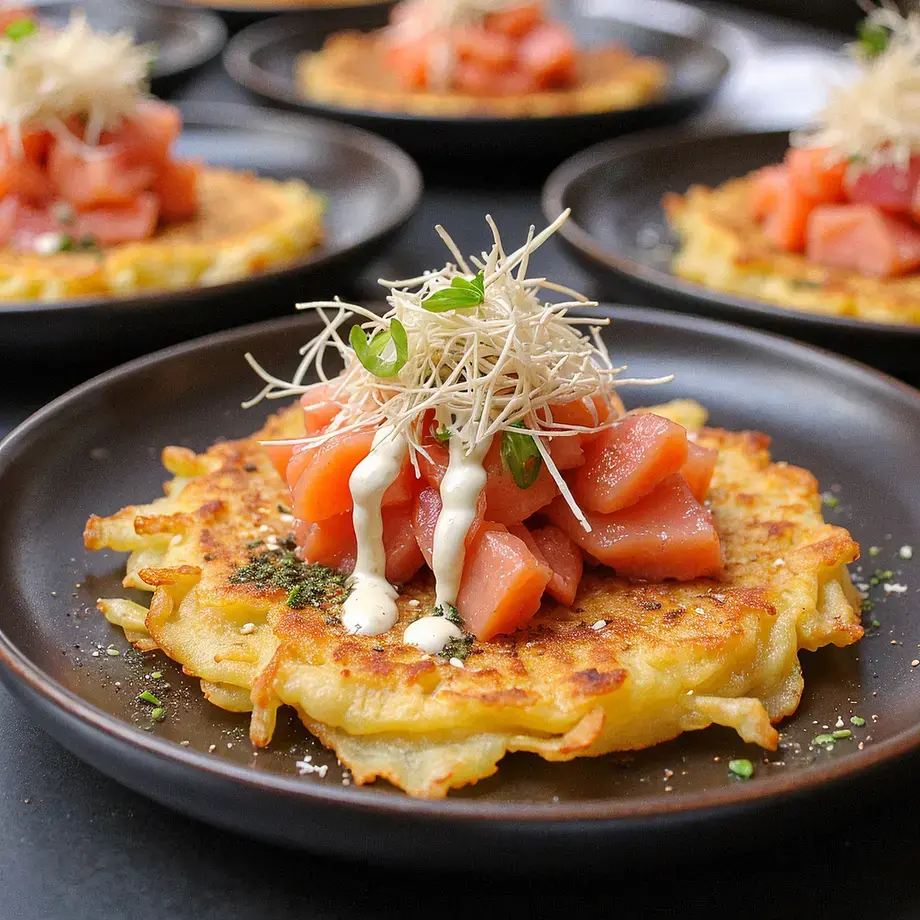Unmarked doors signal the entrance to one of the Bilbao’s most unique culinary experiences - the txoko. A members-only club of friends who gather and cook together, we visit a range of these gastronomic societies in Bilbao to learn about the origins, changes and what the future holds for the typical and historical Basque kitchen closed-door dining.
Behind Closed Doors
Cook's knives line a magnetic strip on a tiled wall. Stainless steel hobs, ovens, a grill, and shiny counter surfaces announce the importance of the kitchen. A giant earthenware dish of rabbit stew and tray of salt cod cooked in olive oil over a layer of potatoes is ready for lunch. A silver-haired cook smiles in greeting while slicing tomatoes. The guests here are members; some have belonged to this txoko, the secret gastronomic societies formerly men-only clubs of Bilbao and surrounds, similar to San Sebastian's sociedade, for decades.
The earliest txokos date back to the late 1800s and while many are privately run and owned in equal shares by the members, some are subsidized by the city council in smaller towns. Every drink and meal is sold for a song compared to restaurant dining and the txoko uses the honor system - mark what you use in a book or on the computer and you're billed at the end of the month, or you place an envelope into a box at the end of the evening, depending on the txoko's rules. Often a president is elected annually, along with a committee that are in charge of up-keep and maintenance, purchasing grocery items and beverages. If you’re a member, you’re entitled to invite your non-member friends at a pre-booked time.
Meaning a "cozy corner", txoko members gather regularly - once a week in some cases - to commune over a traditional Basque home-cooked meal. Usually, these are groups of friends who've known each other since childhood or camped together at the seaside as teenagers. Because Basque culture places extraordinary importance on family and friendships, they gather together away from the public eye to cook and eat, selecting excellent produce from local producers. In a land of pintxo bars and Michelin-starred restaurants, the txoko makes for a very affordable solution.

















